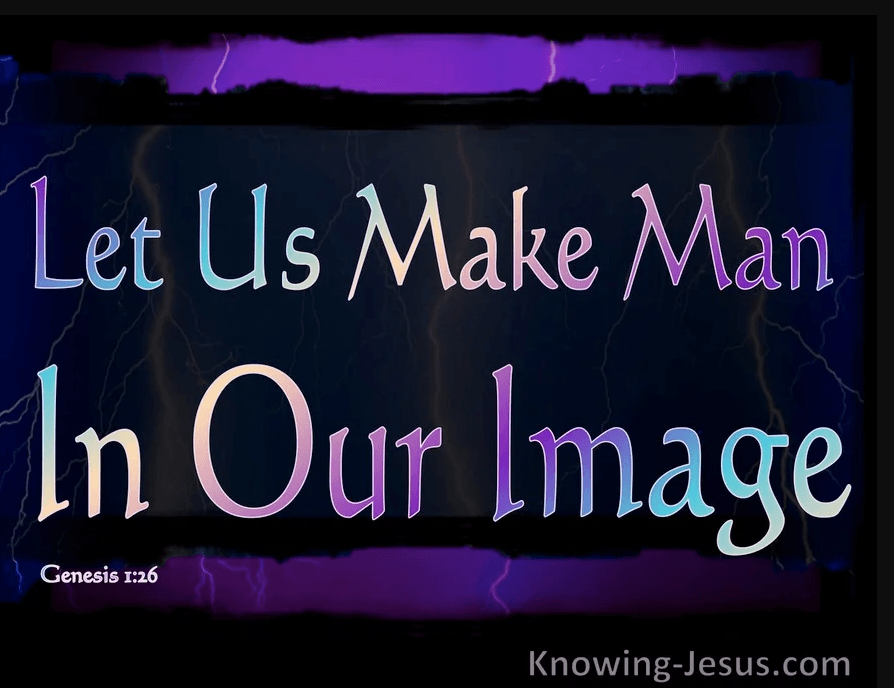Faith and Works

One of the most ancient theological discussions for Christians is that of "Faith" and "Works." There is a bit of a misunderstanding in this discussion. There are two types of "works" to consider. When Paul refers to "works" he is referring to the practices of the faith that involve our rituals. For Paul that meant the practices of circumcision, diet, and the observance of holy days. Paul came to understand that these things were expressions of faith but they did not earn salvation or convey righteousness. Paul noted that his ancestors Abraham and Sarah gained God's favor through their trust, their confidence, in God (see Genesis 12.4; 15.6), and they had faith before their obedient actions. Faith lead to action.
The Book of James continues and extends the discussion by asking, "If there is no appropriate action, is there faith? If I see someone who is ill fed or ill clothed and I say to him or her, "Be full and warm," that is not the appropriate action that shows my faith in Jesus. Jesus had compassion for those in need; I should imitate Jesus to show my faith. Now, let's push it a step further. What if I say I am a Christian and my behavior is not just inappropriate but harmful, even hateful. If right action affirms my Christian faith, doesn't wrong action, hurtful action, contradict it? Perhaps the modern Christian conversation is not about "faith" and "works" but about "talkers" and "doers." Perhaps the current debate is about how some can identify themselves as Christian yet be vengeful, not forgiving; intolerant, not understanding. Can I say I follow Jesus and yet be selfish, not generous or arrogant, and not humble. James said, "My talk is not proof of my faith, my deeds are." What do we say?
Rev. Steven B. Lawrence
White Rock Baptist Church






